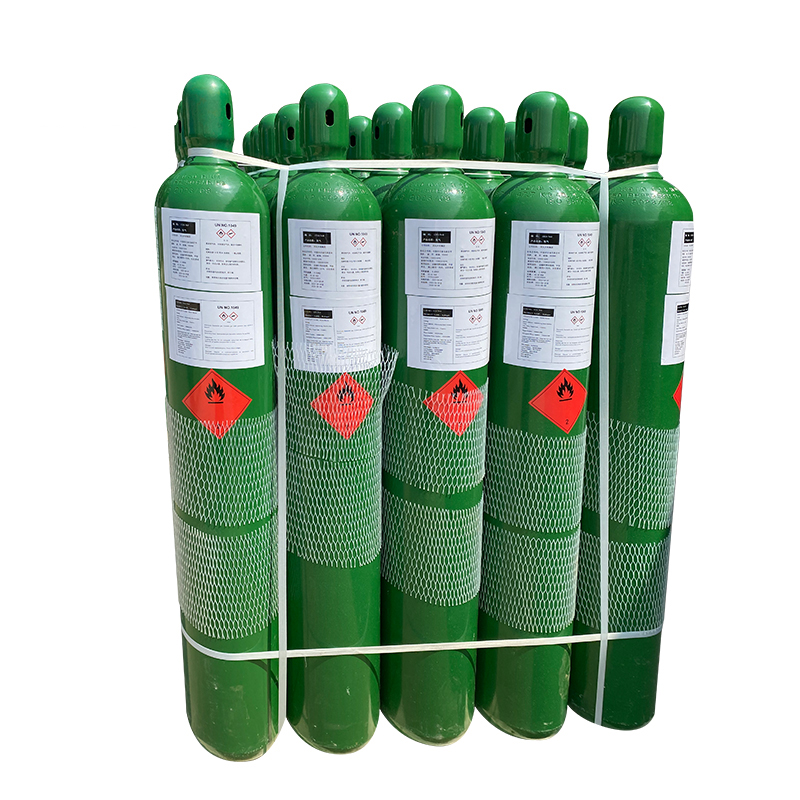Special gas network news:The World Health Organization's (W80) first "Pathways to Oxygen" conference recently concluded in Dakar, Senegal, bringing together 63 member States as well as UN agencies, ngos, donors and academic experts.
The conference marks an important milestone in achieving universal access to medical oxygen and improving patient health.
The Global Oxygen Alliance (G02AL), whose members include around 20 health partners, including representatives of civil society and affected communities, is calling on ministries of Health, particularly in low - and middle-income countries (LMIC), to strengthen their commitment to integrating medical oxygen into national health system planning. G02AL also calls on donors, industry partners and civil society to support greater access to medical oxygen.
At the WHO conference "Oxygen to Work", participants agreed on the scope and content of a new oxygen programme template that provides a clear, actionable way forward for all stakeholders to help ensure oxygen becomes an integral part of health systems everywhere.
Medical oxygen is an irreplaceable, life-saving and essential drug for the treatment of acute and chronic respiratory diseases, including cOVID-19 and pneumonia. It is essential for surgery, emergency trauma, intensive care, and the treatment of the elderly, pregnant women with obstetric complications, newborns, and children with respiratory distress; And it can support the management of opportunistic infections caused by advanced HV infections and severe forms of tuberculosis and malaria, as well as non-communicable diseases.
Nearly 25 million people die each year from conditions requiring medical oxygen, demonstrating the urgent need to improve access to medical oxygen. Access to quality medical oxygen is a key element of seven of the nine targets of Sustainable Development Goal 3: Good Health and well-being, and is essential to achieving universal health coverage.
However, less than half of healthcare facilities in low - and middle-income countries have consistent access to medical oxygen, indicating a huge gap that could prevent many deaths if addressed
"Access to safe, reliable and quality medical oxygen is essential for achieving standard universal healthcare services and for emergency preparedness," said Dr mike kya, Executive Director of WHO's Health Emergencies Programme and WHO Deputy Director-General. "Obviously, much has been achieved in recent years in terms of increasing the supply of oxygen for medical purposes. However, more needs to be done to ensure that our global, regional and national policies cover oxygen."
Unitaid welcomed Japan's announcement of $7.3 million to expand access to reliable and sustainable medical oxygen supplies in Kenya and Tanzania.
Funding will focus on liquid oxygen, which shows the greatest potential for improving medium - to long-term, sustainable and affordable oxygen supply in resource-poor environments.
Compared to oxygen produced through other systems such as pressure swing adsorption units, liquid oxygen is more stable, easier to handle and costs 20% less per unit.
Chat Online









